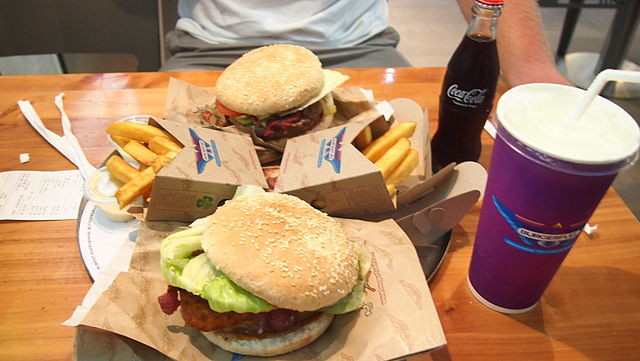Having a good night's rest does wonder for the body and mind. Sleep deprivation, on the other hand, tricks your mind into believing unhealthy foods are healthy.
The brain is a powerful organ capable of manipulation and trickery. When it comes to food, it goes into deception overdrive for those who lack sleep. A study conducted on 32 healthy male participants between the ages of 19 and 33 recorded the effects of sleep deprivation to brain activity. These subjects were all given veal, pasta, apple, and a strawberry yogurt before some were sent home to sleep with a sleep-tracking device, while others were kept awake all night in the lab doing parlor games.
The next day, the participants' hunger and appetite were rated, and 29 of the men had their hormones linked to stress and appetite measured as well as their blood sugar levels measured. MRI scans were also done and interviews presented using pictures of snack food items such as chocolate bars, to determine how they feel toward food. The same experiment was done a week later with the groups reversed.
The results showed that regardless of having a full sleep or lack of sleep, the subjects shared the same levels of hunger and had similar blood sugar and hormone levels in the morning. Interestingly, those who were deprived of sleep felt differently toward junk foods. They were willing to pay more to eat junk foods than those who had a good night's sleep. The sleep-deprived group also had an increased level of des-acyl ghrelin in their blood, which is a substance related to the "hunger hormone" ghrelin.
Moreover, the MRI scans for those who lacked sleep showed increased activity in the amygdala, the part of the brain that processed the food rewards. The researchers suggested that the changes in brain activity in response to images of food are not just caused by hormones but by the brain's activity under lack of sleep.
A similar study conducted by researchers at Columbia University revealed that the pleasure-seeking parts of the brain were stimulated for those who were sleep-deprived. They went for images of junk foods like pizza, cake, and cheeseburger, instead of choosing the images for healthy foods including vegetables, oatmeal, and fruits. Both these researches indicate that a bad night's sleep or lack of sleep can increase a person's cravings for junk food instead of turning to the healthy options.






